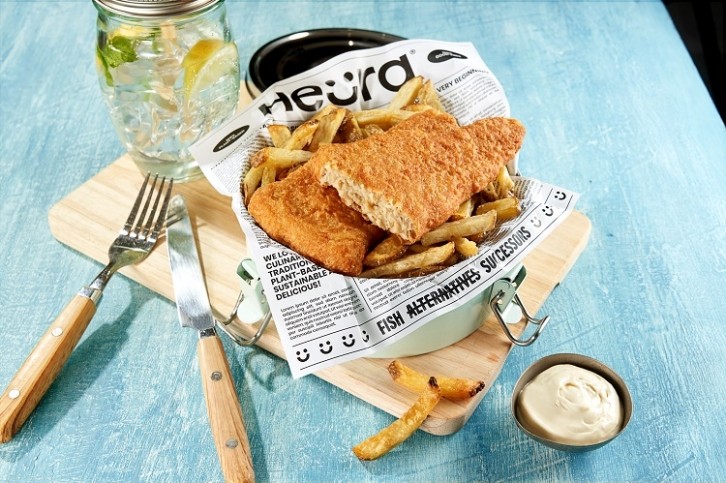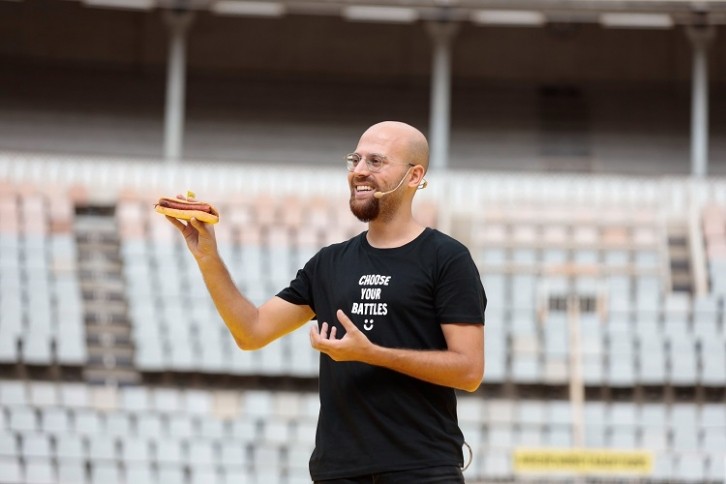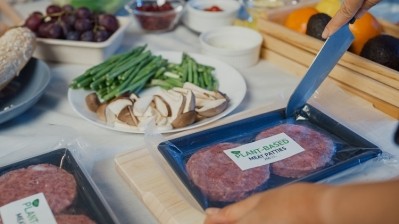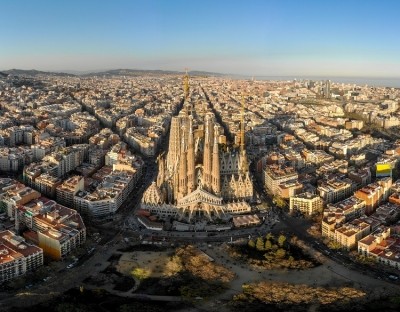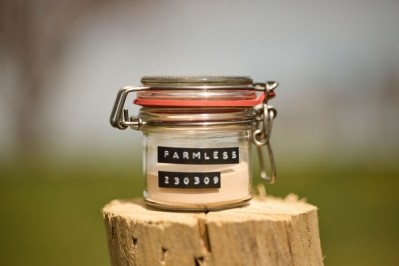Heura unveils new tech for additive-free, high-protein plant-based food
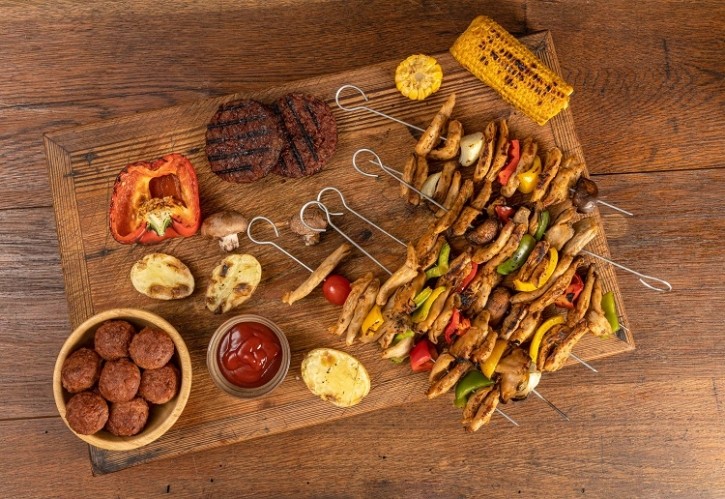
Heura's main focus is nutrition and it aims to provide consumers with nutrients, such as protein, in similar or greater levels to real meat.
It claims that thanks to a new patent it can provide high-protein, low-fat plant-based meat without using e-numbers.
Heura is currently sold in UK supermarket Waitrose, Quinta Manda Miento in Portugal, and VFC, Zesta Berda, Vegaffinity, Algeria Vegana, Amazon, and Mi Cabra Vegana in Spain. It plans to expand to other supermarkets.
Unlocking nutrition
Heura’s technology will be used to create a host of new products, from plant-based frankfurters and plant-based ham to plant-based fish.
The new technology has created products that are high in certain key nutrients. Many of them have a higher percentage of protein than the meat equivalent.
It claims that 72% of the calories in its frankfurter provide protein, compared with 26% in the meat equivalent.
These products are also lower in some less nutritious ingredients, such as saturated fat. 4% of the calories in Heura’s ham come from saturated fat, for example, compared to 9% in the meat equivalent.
Its new products also include a 100% olive oil fat analogue, which aims to work as a substitute to the fatty taste in meat but with 85% less saturated fat.
“It's one of the best things about the breakthrough technology that we are bringing today,” Heura’s co-founder and CEO Marc Coloma told FoodNavigator. “It is allowing us to integrate the structures with monosaturated stores like extra virgin olive oil.”
The tech
This is all made possible by Heura’s new patent. To create its products, Heura uses a technique called process-controlled microstructure design, which changes the structure of proteins at a micro-scale.
Through this technique, it has created new protein structures for its plant-based products. Helped on its way by predictive mathematical models, the technology enables the company to fine-tune texture so it matches the meats that they are mimicking.
Heura uses thermomechanical techniques to shape the proteins, using heat and mechanical energy to change their structure.
“We use a transdisciplinary approach to science and technology to overcome the greatest challenges the industry is facing,” said Heura’s science and technology director Isabel Fernandez.
“Our goals are ambitious. We are not aiming for small, incremental advancements based on cumulative improvements on what already exists, but rather exponential progress from breakthrough innovations.
“And those great problems can only be solved by research in the diverse, relevant scientific fields to jointly develop new fundamental understanding and technological innovations to address a common challenge.”
The Good Rebel Tech (G.R.T.) platform, which produced the technology, is defined by this interdisciplinary approach and draws from fields across science to work on it. This new technology is G.R.T.’s first.
A green future
Heura claims the new technology will acclelerate its efforts to have a net positive impact on the environment.
“When we launch our fish in January, it will have more than 70% less CO2 emissions than an animal fish,” Coloma told FoodNavigator. “So already we are creating a supply chain that is much more sustainable.”
The company heavily uses soy, which is well-known for its significant negative environmental impact. However, as Coloma pointed out, most soy is actually used to feed animals. So, by cutting the animal out of the production process, Heura are significantly cutting down on the soy grown in the supply chain.
“You have to take into account that less than 7% of soy production goes to humans. Most of is going to livestock.”
Coloma points out that the rapid deforestation of the Amazon rainforest, for example, is driven by the need to plant soy to feed livestock. Heura makes a point of straying away from products linked to deforestation.
“So our commitment is to make sure that we are not bringing soy from places where there is deforestation.”
More important, the company said, is to contribute to the growth in the plant-based category itself by providing people with the nutritional benefit that they get from meat.
“We normally say that we don't have competitors, but category colleagues,” Coloma told us. “We have to do something that has to be transformative in this century now.
“But the reason why we call ourselves successors is because we don't want to be out there just giving the same taste with similar macronutrients and micronutrients but go farther way ahead.
“I think that what is making us successful and grow across Europe and into more retailers is because we’re bringing together amazing taste and amazing nutrition at the same time.”
